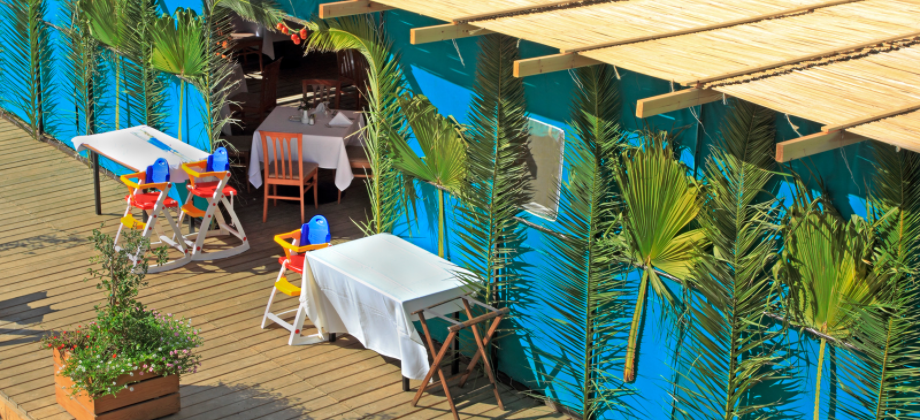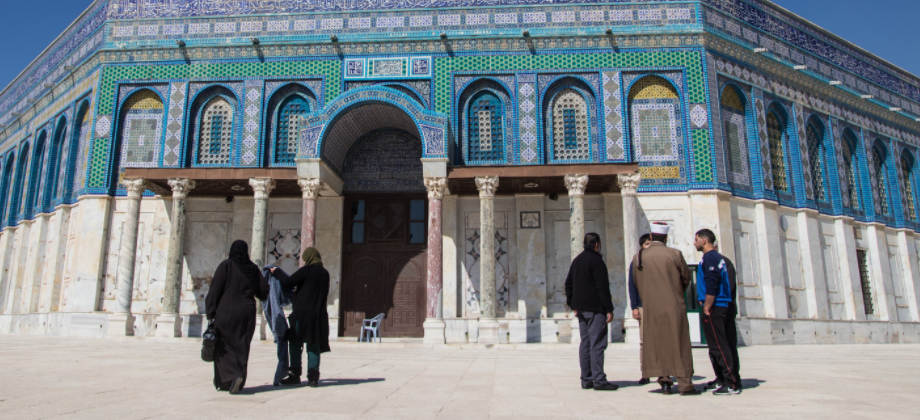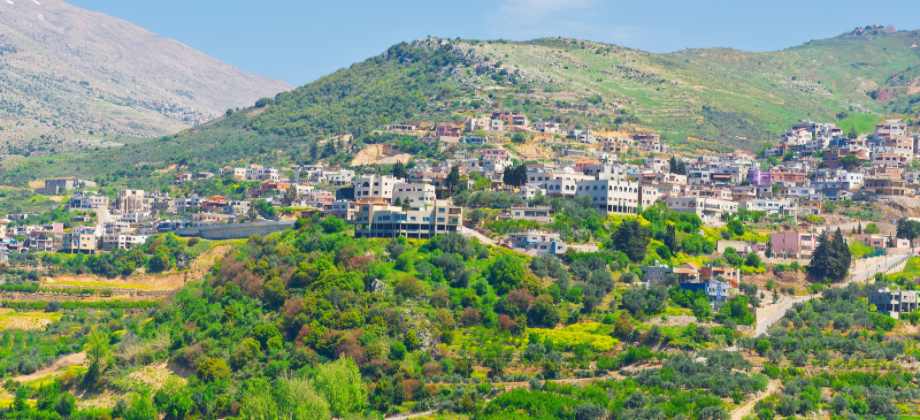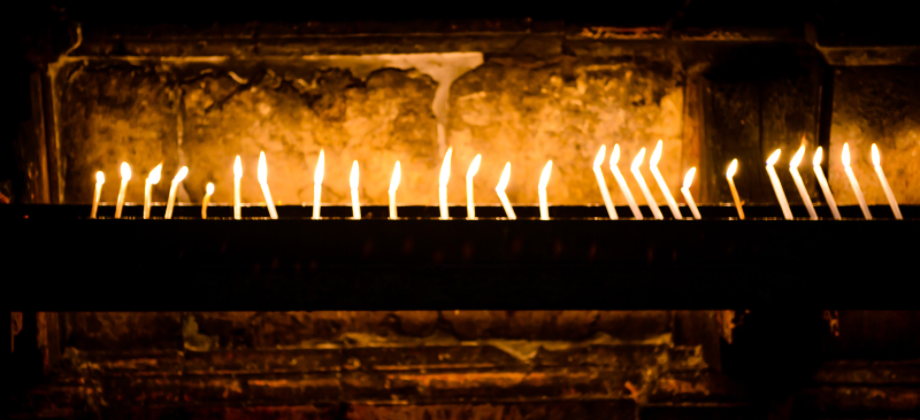Israel follows the global calendar. However, the traditional Jewish calendar is lunar based, and therefore holiday dates change. Once every few years, an additional month is “inserted”, so that holidays tend to be celebrated at similar seasons. In contrast, the traditional Muslim calendar is lunar-based, but does not incorporate a correction, so that holidays may appear in various seasons.
The official working days in Israel are Sunday through Thursday. In Arab locales businesses may be closed on other days (Friday, Sunday), but most likely will follow the Sunday-Thursday norm.
Following are a few general comments regarding holidays and “blackout” periods, inwhich fieldwork may not take place.
- When holidays are close to weekends, very often the day between the two events will become a day off for most people (e.g., if the holiday is on Monday, then many places will not operate on Sunday)
- Summer vacation for schools is July 1st-Aug 31st (June 20th –Aug 31st for high schools). Camps operate for the first part of summer vacation, but in general there are no camps from Aug 10/15 and on, so the latter part of Aug tends to be quite chaotic as far as fieldwork goes, and samples for certain population types may be biased.
- Please keep in mind that Israel, sadly, is a very volatile country. When major incidents happen (suicide bombings, etc.) then we often stop fieldwork for a day or two, since respondents tend to be in moods that are not suitable for interviewing. This is done in order to prevent bias in your samples.
- All Jewish holidays “start” at sundown of the previous day, so, effectively, you should add one fieldwork blackout day on the day before the date you see in the table .
- Muslim holidays may “shift” +/- 1 day, depending on the moon.
- Christian holidays follow the rest of the world, but please note that Orthodox Christian holidays are 7-13 days later than those of other Christians.
Jewish
| JEWISH | Days | 2025 | 2026 | 2027 | Comments |
| Tu BiShevat | 1 | February 13 | February 2 | January 23 | 2,4 |
| Purim | 2 | March 13 | March 3 | March 23 | 4 |
| Pesach (Passover) | 7 | April 12 | April 1 | April 22 | 1,2,3 |
| Yom Hashoah (Holocaust Memorial Day) | 1 | April 24 | April 14 | May 4 | 4 |
| Yom Hazikaron (National Memorial Day) | 1 | April 30 | April 21 | May 11 | 4 |
| Yom HaAtzmaut (Independence Day) | 1 | May 1 | April 22 | May 12 | 1 |
| Lag BaOmer | 1 | May 16 | May 5 | May 25 | 4 |
| Shavuot | 3 | June 1 | May 21 | June 11 | 1,2 |
| Tisha BeAv | 1 | August 2 | July 22 | August 12 | 2,4 |
| Rosh Hashanah (Jewish New Year) | 2 | September 22 | September 11 | October 2 | 1 |
| Yom Kippur (Day of Atonement) | 1 | October 1 | September 20 | October 11 | 1,2 |
| Sukkot | 7 | October 6 | September 25 | October 16 | 3 |
| Chanukah | 8 | December 14 | December 4 | December 25 | 2,3 |

- For major holidays, the day before is also a vacation day, and therefore businesses are closed.
- Several holidays have to do with dietary restrictions (fasting, not eating certain food types, or eating traditional foods), and therefore interviewing about eating habits around these holidays is not recommended.
- For the long holidays, the first and last holiday days are national holidays, but the middle is a “half-holiday” – schools are closed, but businesses operate on a partial basis (4-6 hours per day only).
- Some holidays are not full National Holidays, i.e., schools are off but businesses are open.
- For any specifics, we will be glad to supply you with full information (e.g., do not interview regarding soft drink habits around Independence Day, because it’s a national picnic day).
Muslim
| MUSLIM | Days | 2025 | 2026 | 2027 | Comments |
| Laylat al-Mi’raj | 1 | January 27 | January 16 | January 6 | |
| Ramadan | 29-30 | February 28 | February 18 | February 8 | 1,2 |
| Eid al-Fitr | 4 | March 31 | March 20 | March 9 | 1 |
| Eid al-Adha | 5 | June 7 | May 27 | May 17 | |
| Islamic New Year (Hijri) | 2 | June 26 | June 16 | June 6 | |
| Milad an-Nabbi | 1 | September 5 | August 25 | August 15 | 3 |

- Several holidays have to do with dietary restrictions (fasting, not eating certain food types, or eating traditional foods), and therefore interviewing about eating habits around these holidays is not recommended.
- Schools and business are open, but usually close earlier than usual; extreme lifestyle changes
- Sunni dates; Shia – 5 days later (most Israeli Muslims are Sunni)
- There are a few more 1-day holidays for certain groups. For any specifics, we will be glad to supply you with full information
Druze
| DRUZE | Days | 2025 | 2026 | 2027 | Comments |
| Nebi Sablan | 1 | 10 Sep | 10 Sep | 10 Sep | |
| Nebi Al-Hader | 1 | 25 Jan | 25 Jan | 25 Jan | |
| Nebi Shueib | 5 | 25 April | 25 April | 25 April | |
| Eid al-Adha | 4 | June 7 | May 27 | May 17 |

Christian
| CHRISTIAN
(1) |
Days | Catholic, Maroon, Protestant | Orthodox | Comments |
| New Year | 1 | January 1 | January 14 | 2 |
| Palm | 1 | 2025: April 13
2026: March 29 2027: March 21 |
2025: April 22
2026: April 5 2027: April 25 |
|
| Easter | 4 | 2025: April 20
2026: April 5 2027: March 28 |
2025: April 27
2026: April 12 2027: May 2 |
|
| Ascension Day | 1 | 2025: May 29
2026: May 14 2027: May 6 |
2025: May 29
2026: May 25 2027: June 10 |
|
| Pentecost | 2 | 2025: June 8
2026: May 24 2027: May 16 |
2025: June 8
2026: May 31 2027: June 20 |
|
| Christmas | 2 | December 25 | January 7 | 2 |
- Several other 1-day holidays are celebrated by specific groups, and are not mentioned here.
- Although “official” dates are few, many take longer vacations.

- Christian holidays follow the Western world, but please note that Orthodox Christian holidays are 7-13 days later than those of other Christians.
- Although “official” dates are few, many take longer vacations.

